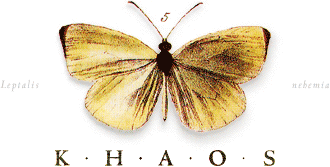Moderate Changes
Just over a month ago I wrote about the small changes that were being made to life in Tokyo. Today things are much more uncertain. The schools are closed, museums and theme parks are closed, many more people are working from home, and there are shortages on papers products and hand sanitizers.
I have had to suspend my studies as I have no students to teach in March. The Youth Theatre program I work for has cancelled classes, and I keep having to reschedule rehearsals. I am working on a show that has a cast of 35 people, but we can no longer have that number of people in our rehearsal space, and some of the bigger spaces are run by the local government and have been closing. My freelance work is greatly reduced and I only have one day of recording work this month.
We can still buy most things at the local supermarket, but there has been no toilet paper, tissues, masks, or hand sanitizer for quite a while now. There are also changes in how things are displayed. We used to have a bakery section where the bread rolls were displayed in a basket, and the cabinets were full of fresh pastries. Now every individual pastry is in a plastic bag.
I have been doing my best to avoid traveling on busy trains, but sometimes I still need to do this. I have been hearing that there are fewer people on the trains, but given how full Japanese trains get it’s not possible to stay a metre away from other people. And if I walk to places I still end up walking through crowds, and some evenings these are crowds of thousands of people as I need to walk through areas like Shinjuku.
The building I live in has closed most of its communal areas, and the gym is closed. There are signs in the lift showing good coughing etiquette and how to properly wear a mask. There is an alcohol spray at the doors and signs about keeping your hands clean
COVID-19 does not appear to be spreading as fast in Japan as it has in South Korea, but then the two countries have very different testing criteria. By the 10th March Japan had only carried out 9,600 tests, compared to South Korea which had carried out nearly 200,000 tests. (I tried to link to the Japanese website that listed the figures, but they have been overwriting the page with new reports, and the new charts no longer show number of tests, just the number of positive results.) The government tell us everything is improving and that the Olympics will go ahead, but the cases of COVID-19 still increase and I’m starting to see articles about hospitals being under pressure and not easily able to deal with the outbreak. We are expecting to hear more from the government on the 19th March, and it will be interesting to see if the current restrictions are lifted or if we start to fall in line with the rest of the world.
